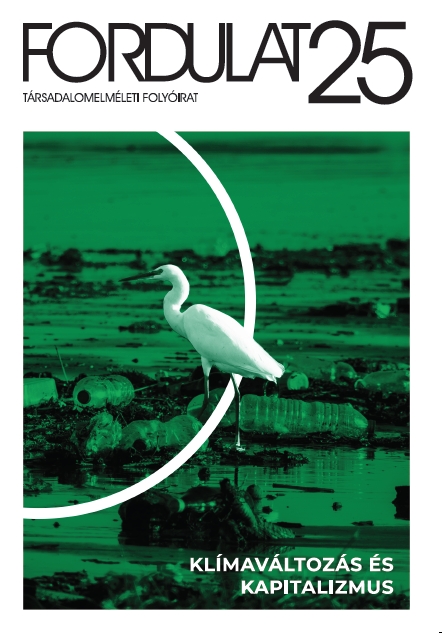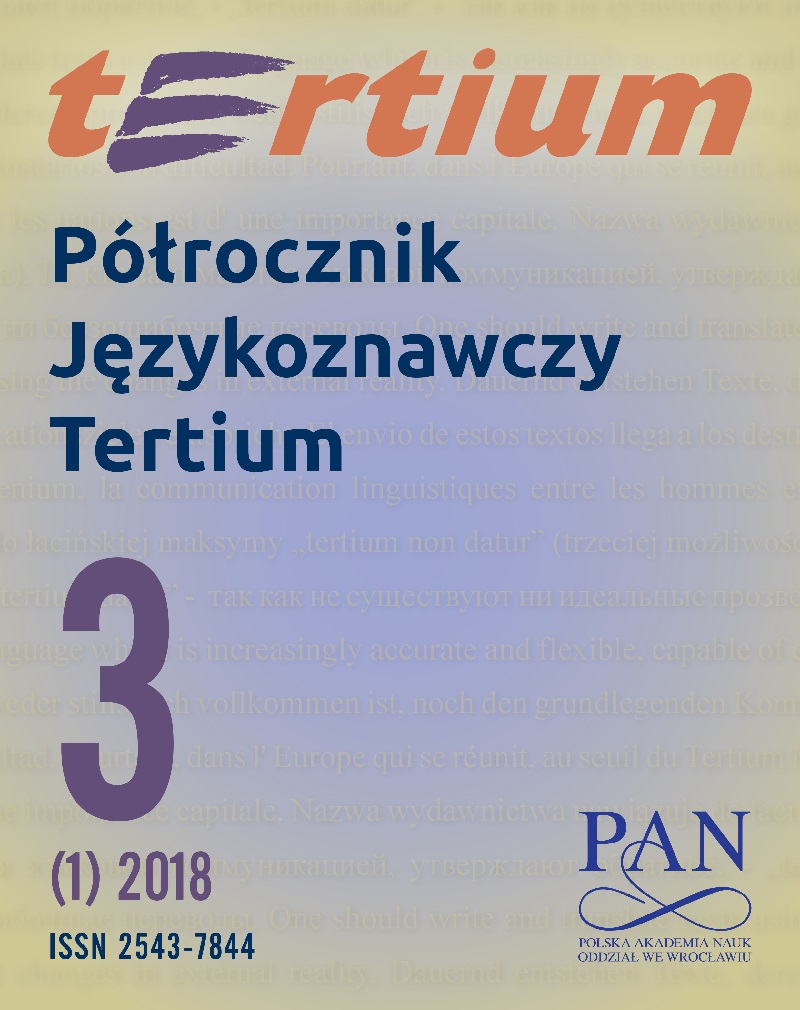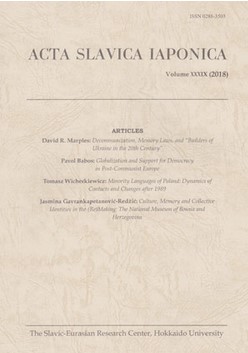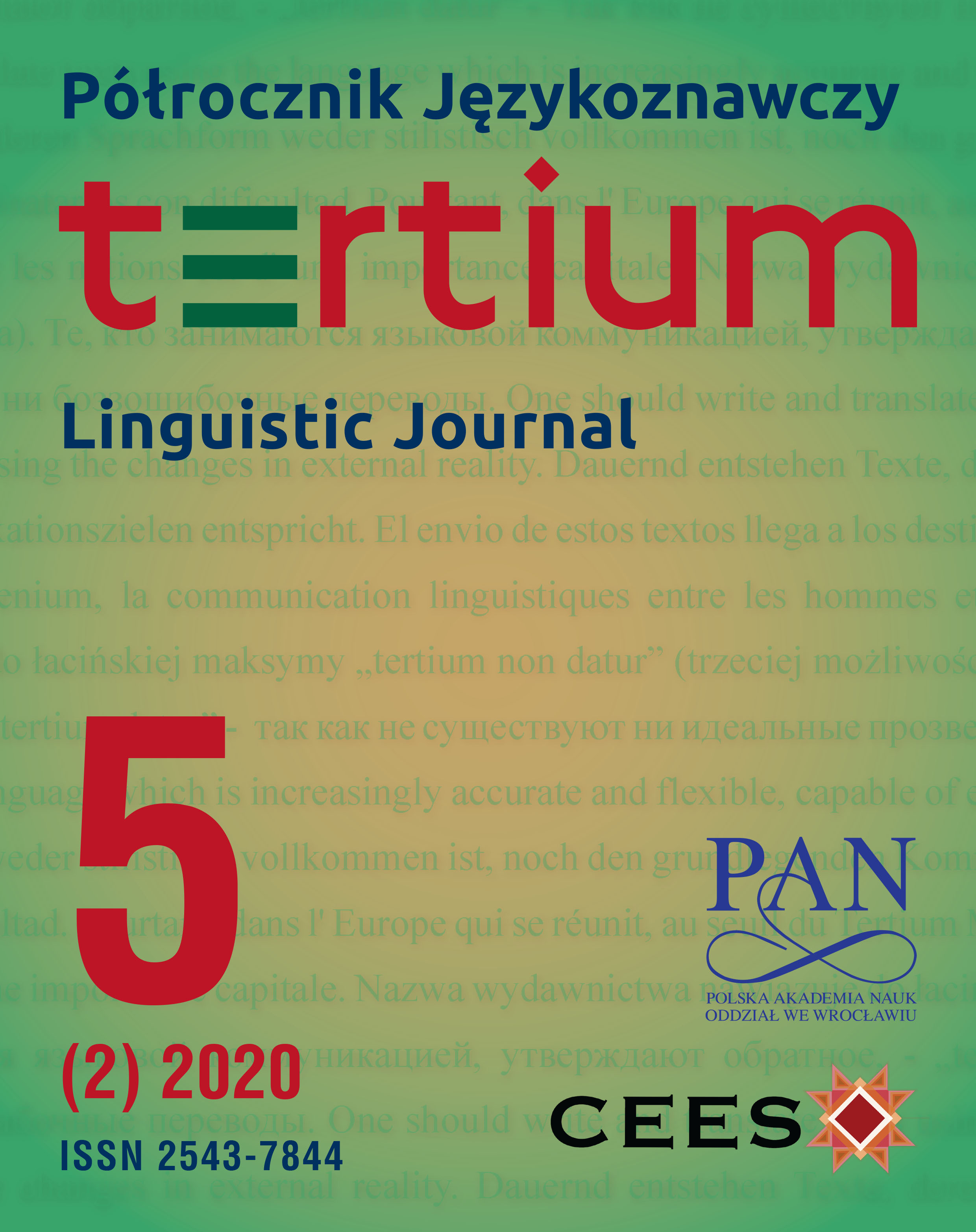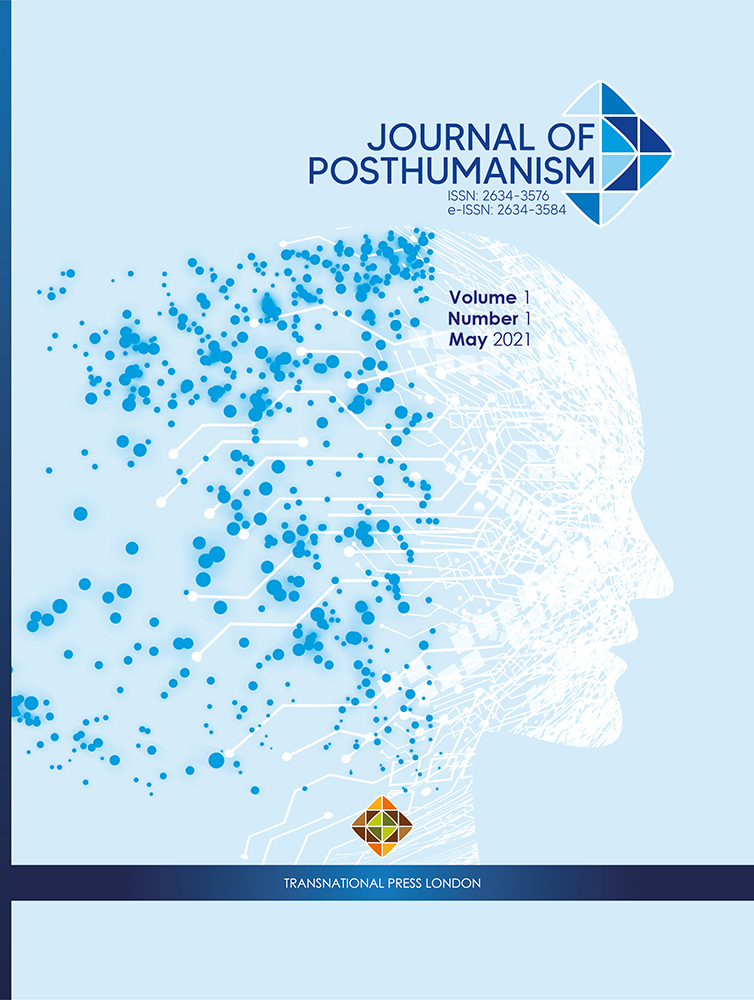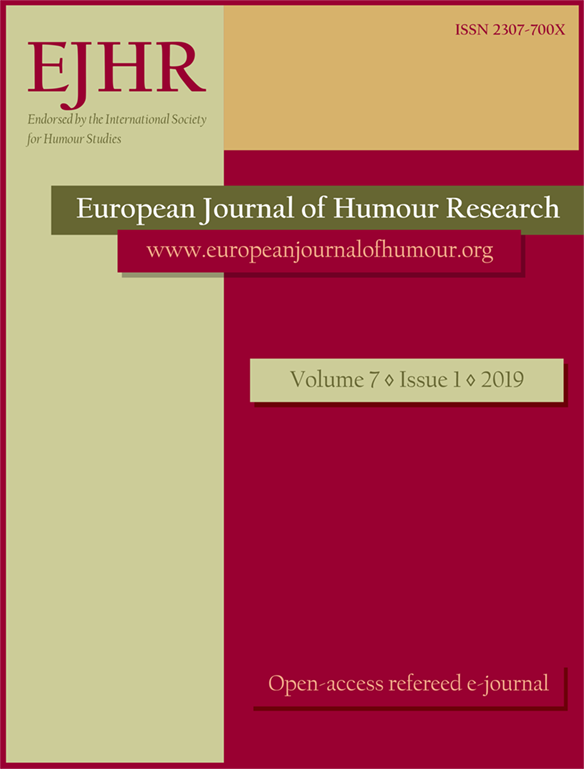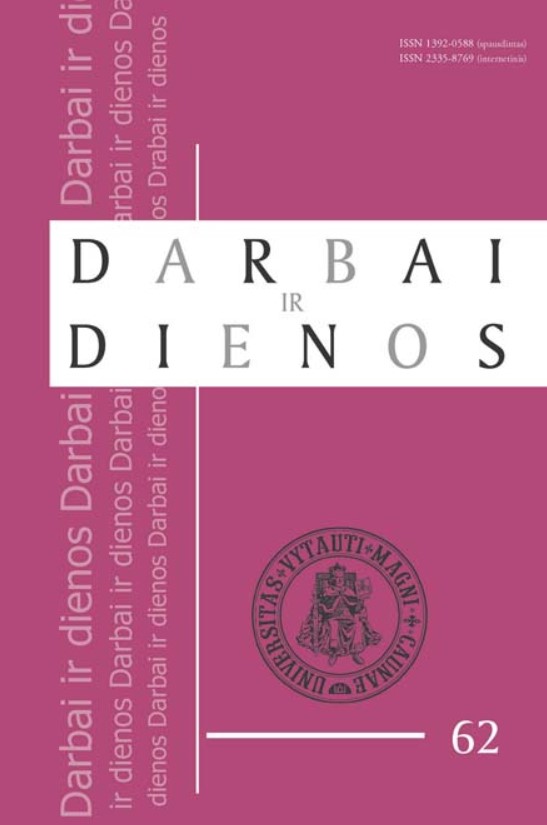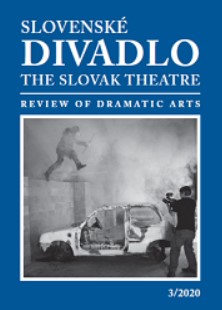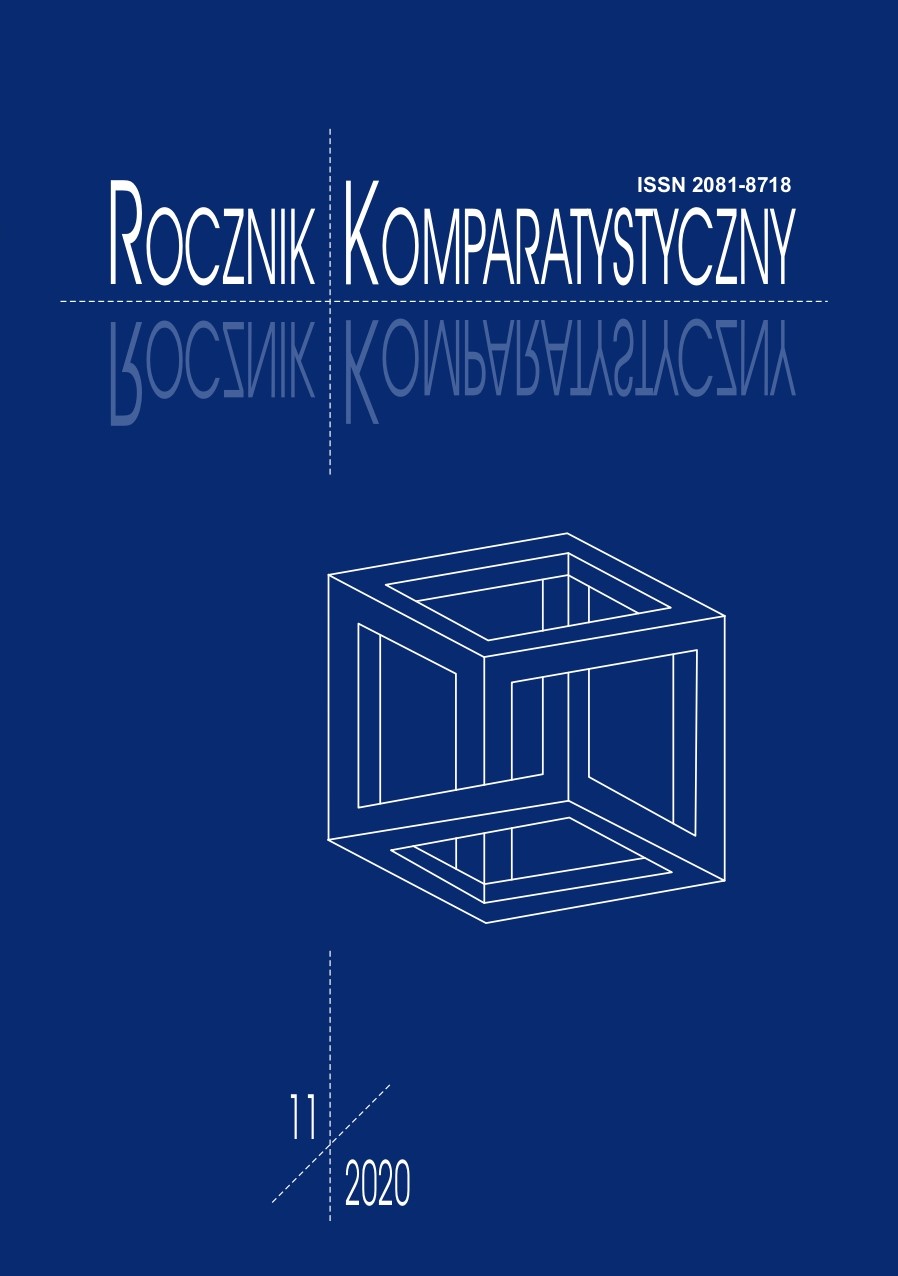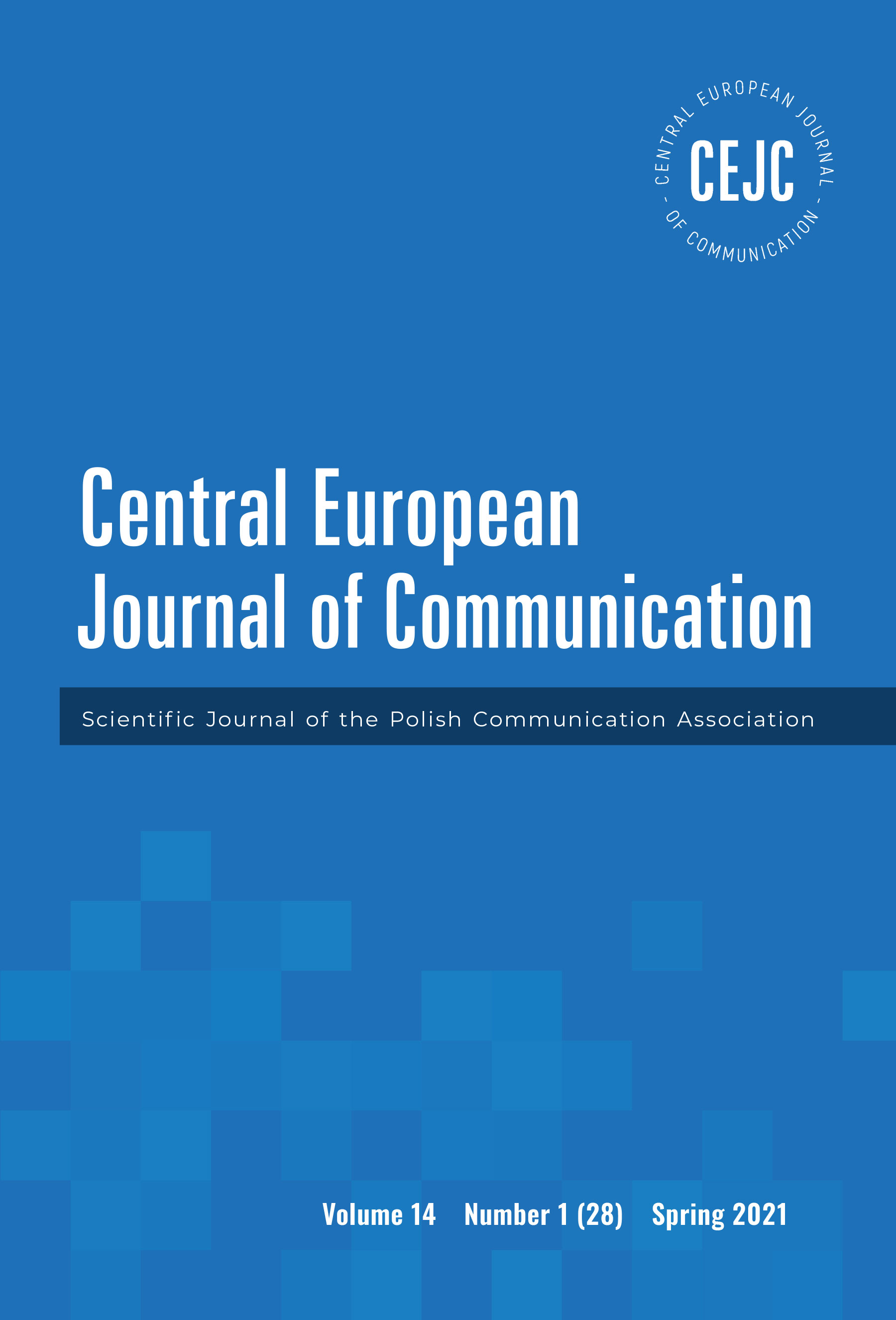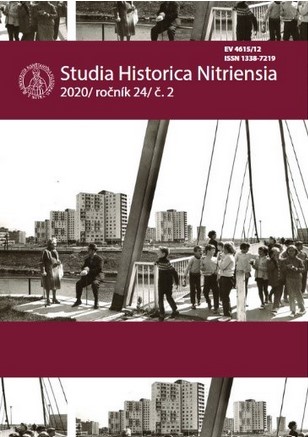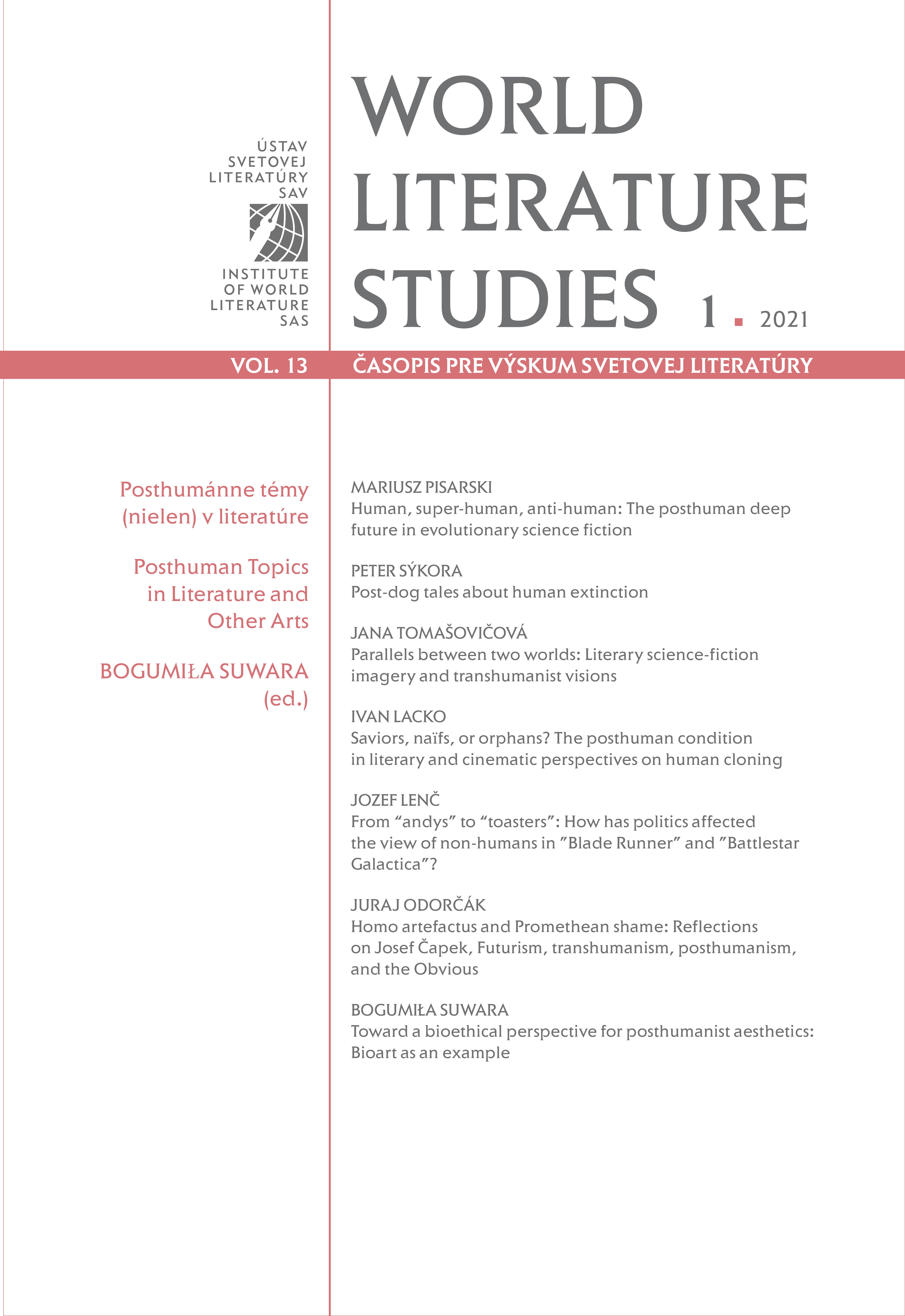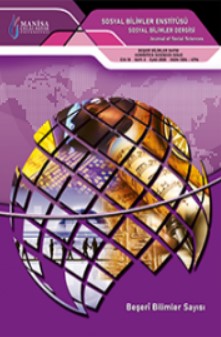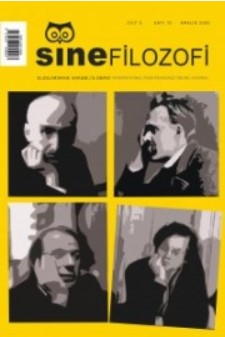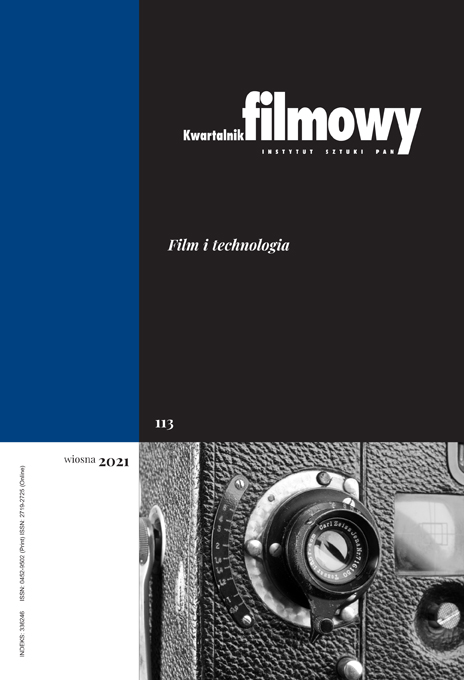Author(s): Gintautas Mažeikis / Language(s): Lithuanian
Issue: 62/2014
Repentance and overcoming, or becoming an available, usable memory and an activity of resistance: this, in an environment of critical communicative practices, is what the experience of the Gulag and later, nomenklatura embodiments of the Soviet system might have become in our day. The problem of the functions of various types of repentance is discussed in the article, following the ideas of Arendt, Foucault, Habermas, and Podoroga and interpreting repentance as a technology of power. Two types of repentance are considered: Christian and Dissident. The first is based on classical rituals, repetition, and a regime of confession, repentance, redemption, and the maintenance of a new status. Institutionalization and control of confessions as well as internalization of technologies and transcending of authority created a technology of internal self-control. The Christian technologies of confession and repentance were developed in the contemporary system of prisons and collective power (the phenomenon of collective trials in Soviet Union). The main purpose of Christian, prison and collective repentances is full renunciation of previous beliefs and establishment of a new trust. Religious and consequently ideological confessions and repentances are based on new beliefs and full destruction and deformation of the previous ones. The dissident movement developed another type of a repentance, which is based on the dialectical idea of overcoming (Aufheben) and was applied to the case of the Gulag. The procedure of overcoming presupposes understanding of moral or psychic problems in the case of terror and pressure, development of critical distance, grasping of transformations of humanity, subjection of negative experience, and transforming it into a disposition. Contemporary awareness of Gulag experiences and of later nomenklatura systems could start to be a spiritual repentance or a dialectic overcoming of existing memory. This article pays attention mainly to the Russian case; however, some conclusions could be applied to all post-Soviet experiences. The urgency of the article is based on the stopping of the repentance memory or critical inquiry of totalitarian persecution of people and revelation a neo-Stalinist imagination in contemporary style. The article compares two traumatic “afters”: “after-Auschwitz” and “after-Gulag.” Principal attention is paid to the influence of Holocaust and Stalinist systems of repression. The first is called a mechanical rationality, which presupposes systematic extermination of people; and the second, the Gulag, is called an organic system of subduing and correcting human beings. The organic system presupposes that everybody could be “participants” of the Gulag, as prosecutors and convicts could take each others’ places. The analysis of the Gulag was done mainly on the basis of the works of Solzhenitsyn and Shalamov, who present mostly repentance through overcoming. They show how terrible and inhuman was the memory of the maximum moral turpitude reached even by some of the survivors. The article also analyzes Tengiz Abuladze’s film Repentance (1984). The movie became a symbol of Perestroika and was seen by millions of Soviet people after 1986, including both official ideologists of Perestroika and dissidents, who supported it equally. The film marked a turning point from the economic concept of socialist Perestroika to a spiritual revelation of forgiveness.
More...

